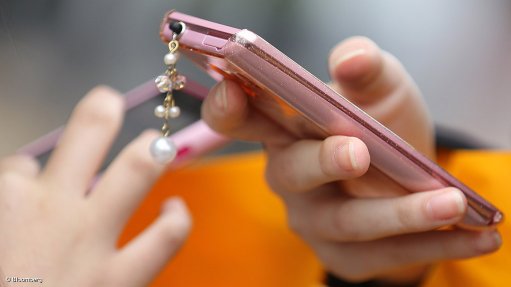
Photo by: Bloomberg
No real improvement in extending smartphone battery life should be expected this year, Deloitte’s latest Technology, Media and Telecommunications (TMT) Predictions 2015 report has revealed.
Despite the rising importance of a longer battery life for an increasingly busy smartphone, the rechargeable, lithium ion (Li-Ion) battery technology used in all smartphones was only expected to improve modestly in 2015, Deloitte TMT Consulting industry leader Anun Babu said at the release of the report on Thursday.
While there could be a “significant improvement” in the future – it would not likely occur within this decade.
“We expect a 2015 Li-Ion battery to have no more than 5% greater unit charge or milliampere hours (mAh), compared with a 2014 model of the same dimensions and voltage,” he explained, with the report indicating that there would be a maximum increase of 30% improvement in the next few years before the technology hit a ceiling.
However, consumers with a new smartphone could experience a 15% increased in battery life owing to efficiency improvements in battery-hungry elements, as well as improved software, of the mobile device.
The lack of progress in smartphone battery capacity was not for a “lack of trying”, the report pointed out, noting that it would require the use of a different type of technology.
“But even if there was such a breakthrough, there would be further, time-consuming hurdles to pass. It is highly unlikely that a replacement for current Li-Ion batteries that could be dropped into existing devices and form factors will be available within the next three years,” the report stated.
Meanwhile, in 2015, smartphone upgrades would surpass one-billion for the first time, generating over $300-billion in sales, Babu said.
Smartphone sales would, this year, be greater in units and revenues than the personal computer, television, tablet and games console sectors combined.
The report described the smartphone as “the most successful consumer device ever”, predicting that smartphone upgrades would surpass 1.15-billion in 2016.
Driven by the consumer’s desire for improved performance, new features, aesthetics and social factors, Deloitte expected smartphone upgrade volumes to continue increasing through 2018 and possibly beyond.